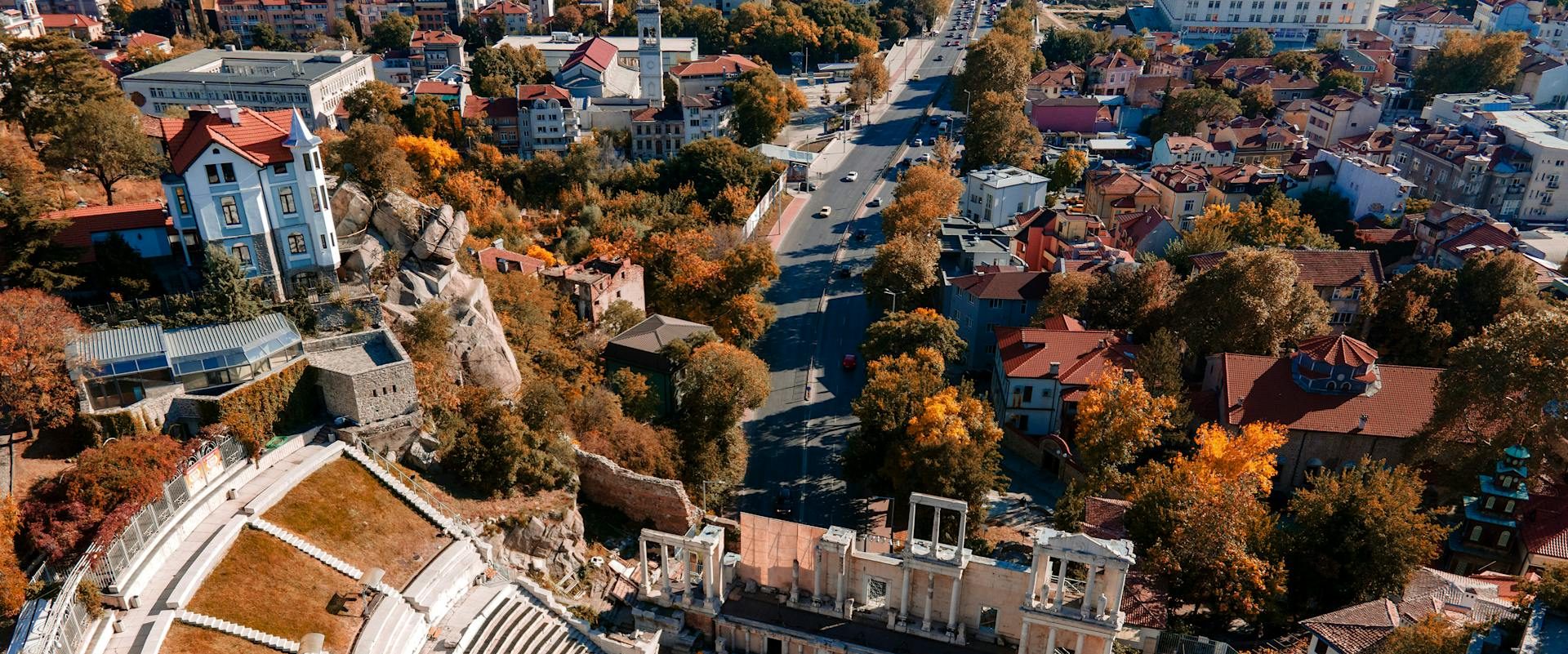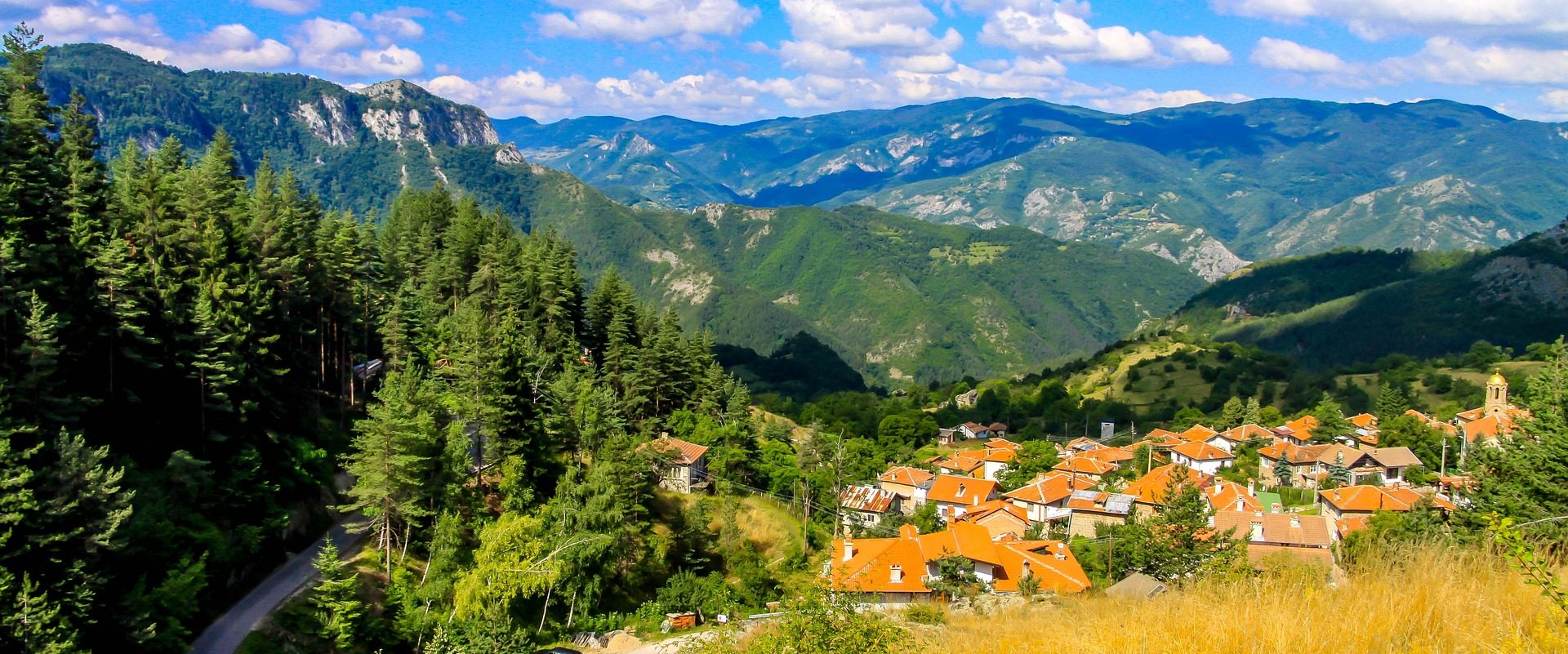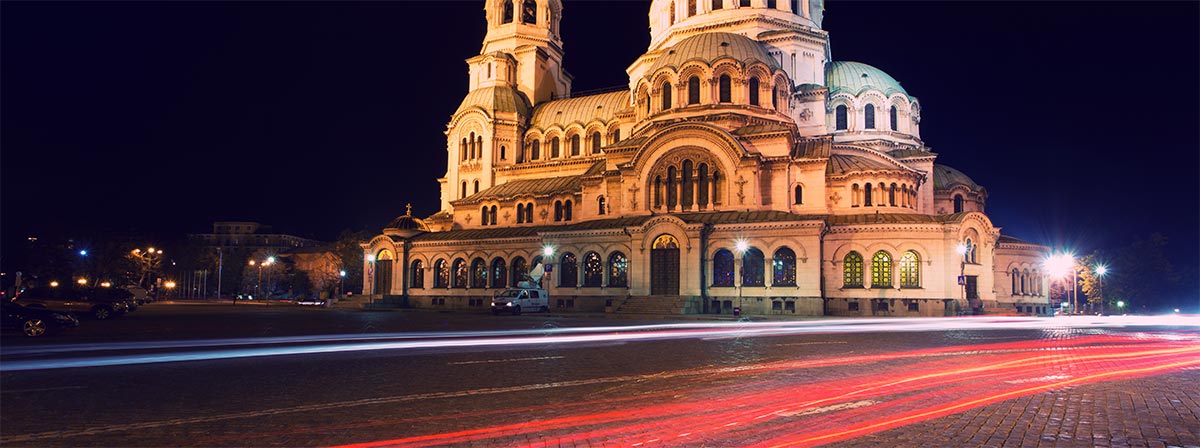
Bulgaria is in Southeast Europe, and its territory was marked by the presence of Thracians, Romans, Byzantines, Slavs and more to make its history. The diversity combined into what Bulgaria is today makes the country appealing to individuals lured by culture, art and scenic landscapes. For potential expats, deciding if it is the right place to relocate, affordability is a high pro here. This article provides essential information for those considering moving to Bulgaria, with tips on the visa process, the challenges of settling in, and advice on making the transition easier. It hinges on understanding aspects such as the cost of living, work opportunities, social atmosphere, and the pros and cons.
One major attraction of Bulgaria is its low cost of living. Basic expenses such as groceries, utilities, and transportation are affordable compared to other European nations. For instance, you can find a place for a monthly rent for about €383,09 in Sofia. Depending on your preferences and life style you can save a lot in utilities and public transport. Fares remain cost-effective. The income tax rate of 10% is also appealing to many expats. While Bulgaria’s cost of living is attractive, cons include lower average wages and a complex healthcare system that, despite improvements, remains bureaucratic in Bulgaria and is significantly lower than in other EU countries, which may impact expats used to higher salaries.
Bulgarians are known for their warm hospitality, especially in smaller towns. While language can be a barrier, particularly in rural areas where English is less common, larger cities like Sofia and Plovdiv are more accustomed to expats and offer English-speaking communities and services. It’s always good to embark with an approach of openness, to learn and be vulnerable. Experiment new food, music, art and all that Bulgaria has to offer you. Living within the locals will give you the opportunity to get to know people quickler. Be curious, ask about their customs, slangs and interesting activities. These are tips if you’re the type who likes to make new friends wherever you go.
For EU citizens, relocating to Bulgaria is relatively straightforward, requiring registration for residence within 90 days of arrival. For UK citizens post-Brexit, the process is more complex and involves obtaining a long-term visa followed by a residence permit. Work permits are mandatory for non-EU citizens wishing to work in Bulgaria. An employer must sponsor these, which typically require skills in high-demand professions.
Relocating belongings can be tricky, but with the proper planning, it becomes manageable. Choose an experienced and affordable moving company to facilitate customs clearance and transport of household items. Here at VanOne International Movers, we count on a team of experts in logistics, customs clearance and customer service area. Our company has been relocating individuals and families for over a decade. Our services include fully insured transportation and door-to-door removals, ensuring that your transition is secure and efficient.
 What Does Bulgaria Look Like? A Hidden Gem in Europe
What Does Bulgaria Look Like? A Hidden Gem in EuropeWhat Does Bulgaria Look Like? A Hidden Gem in Europe One of the oldest countries in Europe, nestled…
 British Expats Living in Bulgaria: Hidden Gem You Were Looking For
British Expats Living in Bulgaria: Hidden Gem You Were Looking ForBritish Expats Living in Bulgaria: Hidden Gem You Were Looking For Bulgaria hints at a bit of magic,…
 Driving in Bulgaria
Driving in BulgariaPublic transport in Bulgaria There are several alternative options to driving in Bulgaria available:…